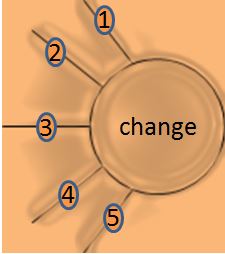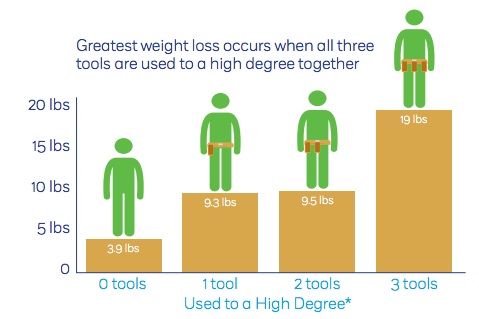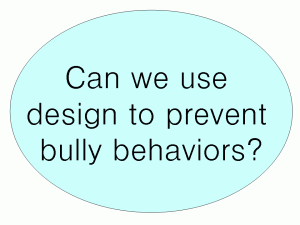Over Determine Your Change Effort
Monday, October 28th, 2013 To make change stick you must over determine the outcome you want. That means applying many strategies and tools to the job rather than just one or a few. You need to find ways to tap intrinsic motivation, rewards, peer pressure and environmental factors if you want to change individual and group behaviors.
To make change stick you must over determine the outcome you want. That means applying many strategies and tools to the job rather than just one or a few. You need to find ways to tap intrinsic motivation, rewards, peer pressure and environmental factors if you want to change individual and group behaviors.
While this may seem like over kill to some, research supports the over determined approach to change. For example, a Sloan Management Review article, How To Have Influence, found organizations that used 4 or more strategies to drive a change where 10x more likely to achieve the outcomes they wanted. For a more general argument about the need to over determine your change effort check out Influencer: The New Science of Leading Change.
 You see similar results in the personal behavior change space. For example, Baylor College of Medicine conducted a study that showed people that used more tools to lose weight achieved a greater loss. It was not a 10X effect but it was a 5X effect varying from 4 pounds for zero tools (self directed) to 20 pounds for those using three tools (weight watchers program, apps, etc.).
You see similar results in the personal behavior change space. For example, Baylor College of Medicine conducted a study that showed people that used more tools to lose weight achieved a greater loss. It was not a 10X effect but it was a 5X effect varying from 4 pounds for zero tools (self directed) to 20 pounds for those using three tools (weight watchers program, apps, etc.).
So the questions is not so much what are you going to do to make your change work – but what 4 or 5 things working together will make you change stick?
Source of Weight Loss Graph PR Newswire



